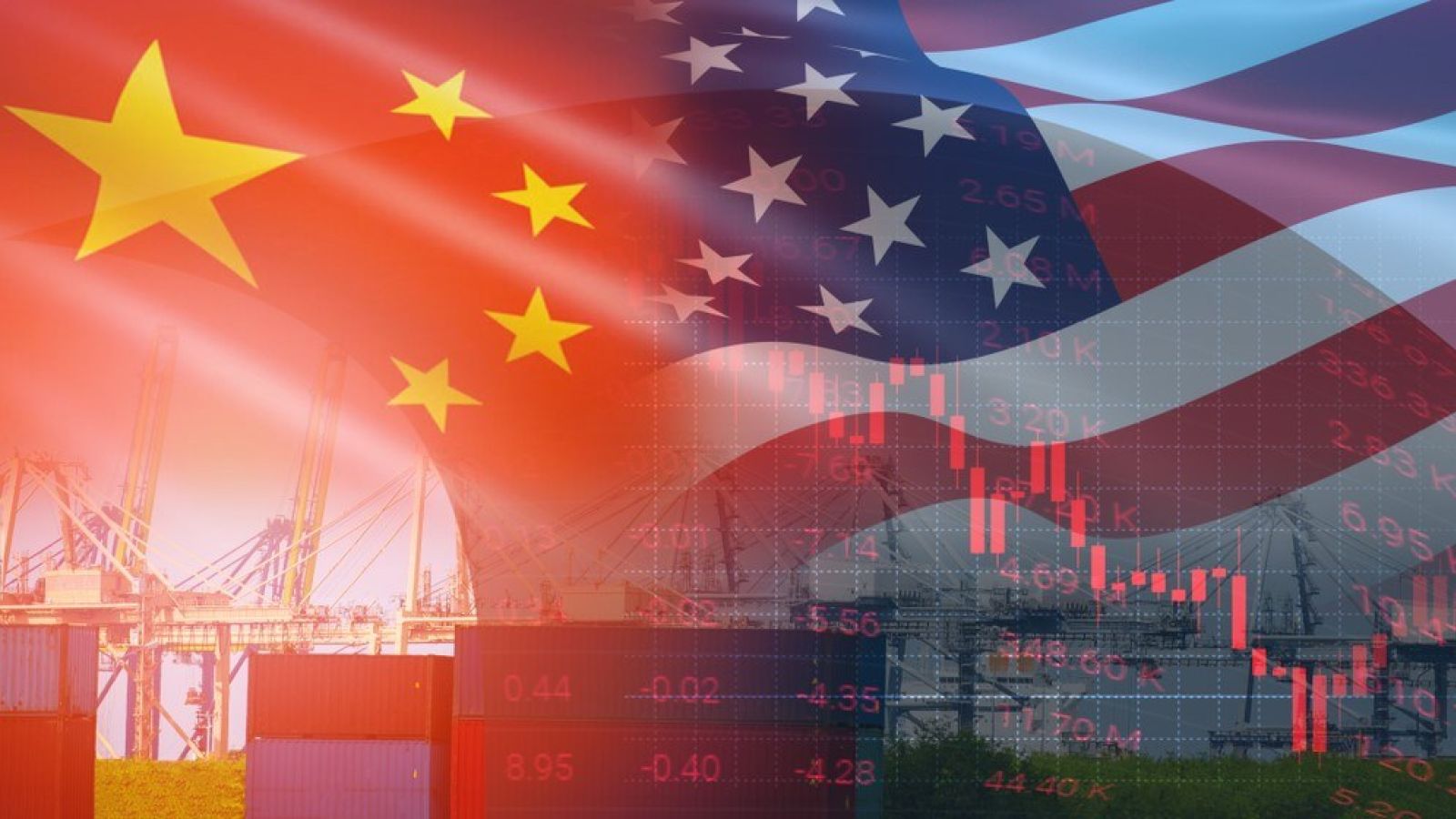
China and the US Hold High-Stakes London Talks Amid Increasing Trade Tensions and the Rare Earths Dispute
Trade negotiations between US and Chinese officials to settle the rare earths dispute and rising tensions started Monday in London.
Top US and Chinese officials started high-stakes trade negotiations in London on Monday in an effort to diffuse a growing spat over rare earth shipments and other economic disputes that endanger global supply networks and economic expansion.
The high-level discussions, which were held in the historic Lancaster House, were the first of two days of anticipated negotiations. The two economic superpowers’ hostilities were momentarily reduced by a tentative agreement that was made in Geneva last month, and they hope to reiterate it.
Since the Geneva Accord, however, Beijing has been accused by Washington of not keeping its end of the bargain, especially when it comes to the export of rare earth minerals, which are essential to sectors like defense, electronics, and electric cars.
The goal of today’s meeting, according to White House economic adviser Kevin Hassett, is to ensure that they are sincere while also genuinely shaking hands. “We want a handshake from China on rare earths,” he continued, adding that last week, in a rare phone contact, US President Donald Trump had obtained a verbal promise from President Xi Jinping. “We expect rare earths to be released in large quantities right away after export controls are loosened.”
As the economic effects of rekindled trade tensions become more apparent, the negotiations are crucial for both countries. According to data from Chinese customs, shipments to the US fell 34.5% year over year in May, the most since the start of the COVID-19 epidemic in February 2020.
The US first-quarter GDP shrank, and corporate and consumer confidence was shattered by the surge in imports ahead of expected penalties.
The jobs market is still resilient, and inflation has stayed comparatively steady in spite of these pressures. However, analysts caution that if tensions are not eased, more severe economic fractures could appear throughout the summer.
US Treasury Secretary Scott Bessent, US Trade Representative Jamieson Greer, and US Commerce Secretary Howard Lutnick are among those attending the London sessions. China’s Vice Premier He Lifeng is in charge of the delegation. Lutnick’s involvement—who did not attend the Geneva talks—is especially noteworthy considering that his agency is in charge of export restrictions and that rare earths are now at the center of the conflict.
China presently supplies the majority of the world’s rare earth magnets, which are essential for military and electric car motors.
Beijing’s April move to halt exports of a number of vital minerals rocked businesses that depend on these inputs, including high-tech manufacturing, automotive, and aerospace.
Trump and Xi had their first direct interaction since Trump’s return to the White House in January, a phone call that lasted more than an hour four days prior to the rekindled communication. In a synopsis released by the Chinese government, Xi called on Trump to scale back trade restrictions and stop making provocations over Taiwan. On social media, Trump, meantime, said the call had resulted in “a very positive conclusion,” opening the door for the meeting in London.
Trump declared that Xi had consented to resume rare earth exports to the United States after the call. The top three US automakers’ suppliers were later given temporary export licenses by China, according to a later Reuters report.
The United States hopes to expand and deepen trade talks by building on the Geneva success, according to White House spokeswoman Karoline Leavitt.
US stock indices recovered strongly from near-bear market levels, and the Geneva Accord had triggered a global market recovery. Nonetheless, analysts are still wary.
A historic US-China trade agreement is doubtful given the hawkishness of everyone around Trump, particularly when compared to other, more advanced, and prioritized agreements, according to Ian Bremmer, head of the Eurasia Group.
Because of the ongoing decoupling trends and the persistent pressure from the United States on allies to move their supply chains away from China, there is little hope for a really beneficial partnership, even though a brief truce is feasible.
All Categories
Recent Posts
Tags
+13162306000
zoneyetu@yahoo.com



